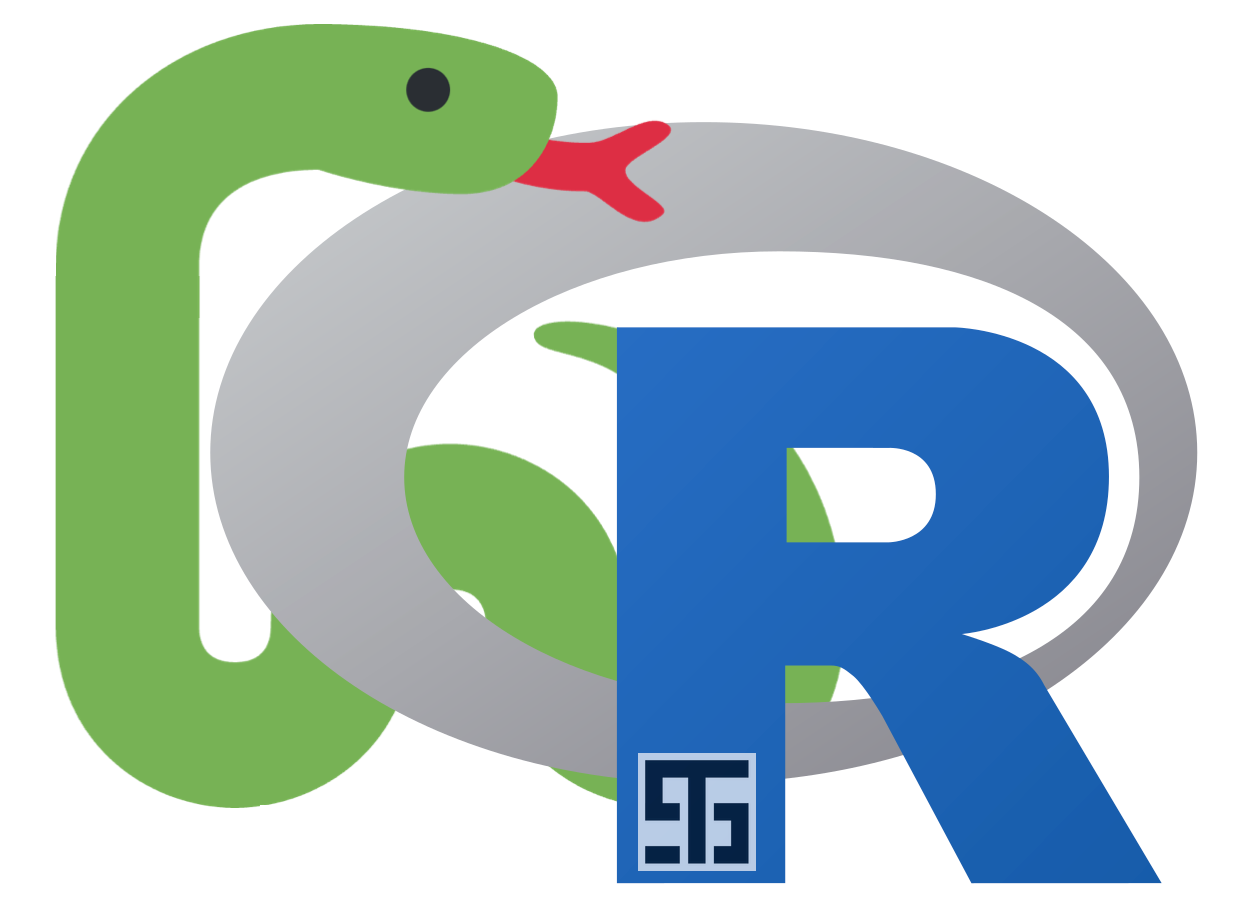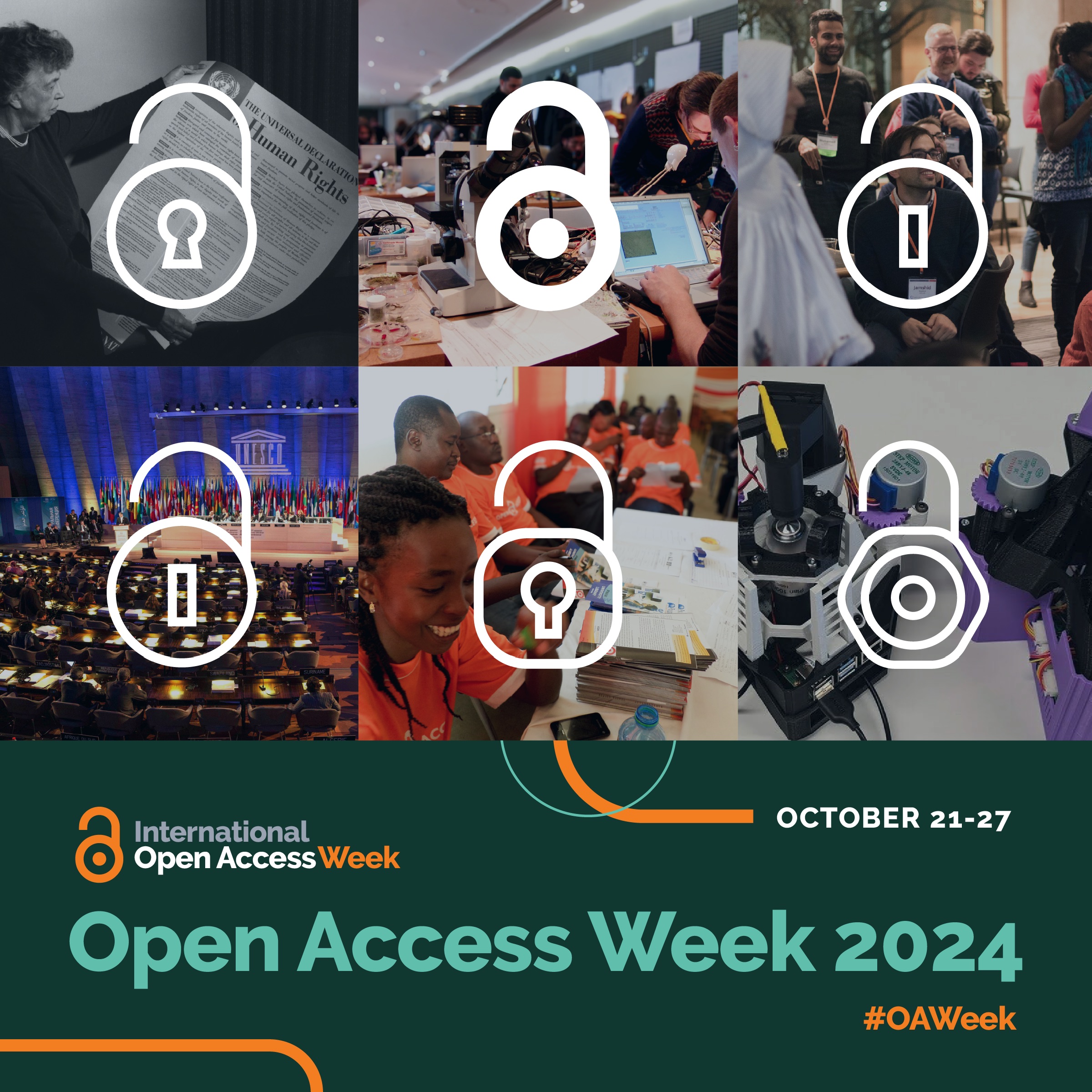2. Veranstaltung in der Reihe „Quo vadis offene Wissenschaft in Berlin und Brandenburg“ am 20. NovEMBER 2024 Termin: 20. November, 14:00–16:00 Uhr Ort: Online via Zoom Veranstaltende: Vernetzungs- und Kompetenzstelle Open Access Brandenburg (VuK) und Wissenslabor für Naturwissenschaftliche Sammlungen und objektzentrierte Daten (WiNoDa Knowledge Lab)
Postagens de Rogue Scholar

A Google search for “R vs Python” returns thousands of hits across sites like Reddit, IBM, Datacamp, Coursera, Kaggle, and many others.

In der sich stetig wandelnden Welt der Wissenschaftskommunikation spielen Initiativen wie die Deutsche Initiative für Netzwerkinformation (DINI) eine Schlüsselrolle. DINI hat dabei insbesondere durch die Produkte und Aktivitäten ihrer Arbeitsgruppe Elektronisches Publizieren an Sichtbarkeit und Wirksamkeit gewonnen. Die Arbeitsgruppe hat maßgeblich zur Förderung und Verbreitung von Open Access in Deutschland beigetragen.

This post is part of a living literature review on societal collapse. You can find an indexed archive here. Electricity is essential for the functioning of our modern society, as nearly everything we do depends on the electrical grid in some way. While this reliance provides significant comfort and convenience, it also makes us vulnerable if the grid fails. But what happens when the grid stops working?
It was on my radar for some time already, but did not get around to finishing it. But I completed all five modules of the NASA Transform to Open Science (TOPS) Open Science 101 (doi:10.5281/zenodo.10161527). This Open Science 101 consists of several modules, starting with The Ethos of Open Science, via Open Tools and Resources, Open Data, and Open Code, to Open Results.

This week marks the fifteenth annual International Open Access Week. Since 2010, the week has provided a platform to discuss the state and challenges of open access to scientific knowledge. While the early years focused on access to scientific articles (“Open Access Week” 2024), this year’s activities increasingly address other aspects of Open Science.
Reaching new highs in Cannabis sativa Omics There is a growing interest in Cannabis ( Cannabis sativa ) research, and recent changes in regulations have spurred numerous genomic studies of this once-prohibited plant.
The SVP 2024 abstract book dropped earlier this week. You can download it here.
Safeguarding individual privacy inherently means data minimisation i.e. limiting the collection and disposal of data. This principle has been a cornerstone of privacy advocacy and is even enshrined in regulations like the EU’s General Data Protection Regulation (GDPR). However, a research published by Ponte et. al (see here) is challenging this fundamental assumption, introducing what they call the “Where’s Waldo effect.

Methods for comparing spatial patterns in raster data This is the second part of a blog post series on comparing spatial patterns in raster data. More information about the whole series can be found in part one.
Homomorphic encryption is a powerful cryptographic technique that allows computations to be performed on encrypted data without decrypting it first. This blog post will introduce the concept of homomorphic encryption and demonstrate implementations using Python. What is Homomorphic Encryption? Homomorphic encryption is a form of encryption that allows specific types of computations to be carried out on ciphertext.